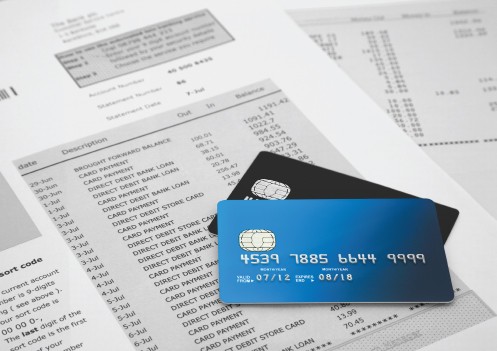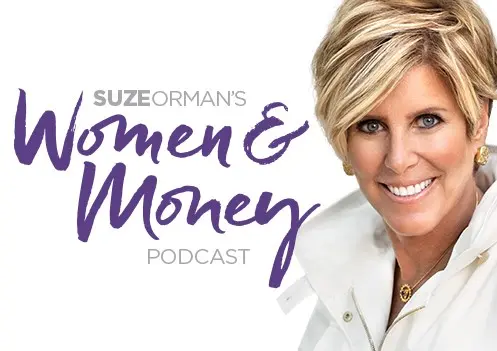The total amount of unpaid credit card bills grew $52 billion in the last quarter of 2021. That’s the largest quarterly increase since the New York Federal Reserve began tracking this important signal of household financial health.
Needless to say, I am very worried. The recent spike in credit card debt comes after a period when so many households were making great progress on reducing their credit card debt.
Total card debt dropped from $930 billion at the end of 2019 to $770 billion in early 2021. The combination of limited spending opportunities during the worst of the pandemic and federal pandemic stimulus payments are likely the reason for that great progress. But now
we’re back up to $860 billion.
And right now could be an especially bad time to carry credit card debt. Starting as soon as this month the Federal Reserve is expected to start raising the key interest rate it controls—the Federal Funds rate—as part of its strategy to combat the recent rise in the inflation rate. Once the Fed starts to do this, it is likely that credit card issuers will react by raising the interest rate they charge on unpaid balances. And that rate is already plenty high: the average rate is more than 16%.
I realize some households may be using credit cards more because of the spike in the inflation rate. If your spending is for necessities (gas to get to work, groceries) I get it. But if you now have an unpaid credit card balance because you decided during the recent holiday season to spend more on “wants,” I am so not on board.
And don’t tell me what’s done is done. You can do plenty to reduce the damage.
- No more wants until you get out of credit card debt.
Any time you are shopping for anything, you must stop and ask yourself if it is a need or a want. If something is a need, you then must ask yourself if you are paying the least amount possible for this need. If you need to switch brands, so be it. Every dollar counts.
- Work your way out of it.
There are so many opportunities today to take on some gig work. Even if you have a full-time job, I encourage you to add three to five hours (or more!) of gig work with the intention that every penny earned will go toward bigger credit card payments.
- Consider a balance transfer.
If you have a good FICO score of at least 700, you may qualify for a new credit card that will waive all interest for up to 21 months on the money you move from an old card onto the new card. Websites such as nerdwallet.com and bankrate.com have up-to-date lists of the best balance transfer deals. You are to only consider this if you are determined to get out of credit card debt ASAP. There are typically fees to do a balance transfer. But the cost can be well worth it if it means avoiding paying 16%+ interest on your current card.
- Ask for a lower rate.
If you anticipate you won’t be able to pay off the debt quickly, and you don’t qualify for a balance transfer, call up your current card company and ask for a lower interest rate. Surveys have shown that people who ask tend to get a reduction.
- Stand in your truth.
It has never made financial sense to carry high-rate credit card debt. And with the prospect that rates will soon be heading even higher, I hope you will take a deep breath and make a conscious decision from this day forward to avoid credit card spending that you can’t pay back quickly.
Top Resources for You

The Ultimate Retirement
Guide for 50+
Learn More

MUST HAVE® Documents
Online Program
Learn More







